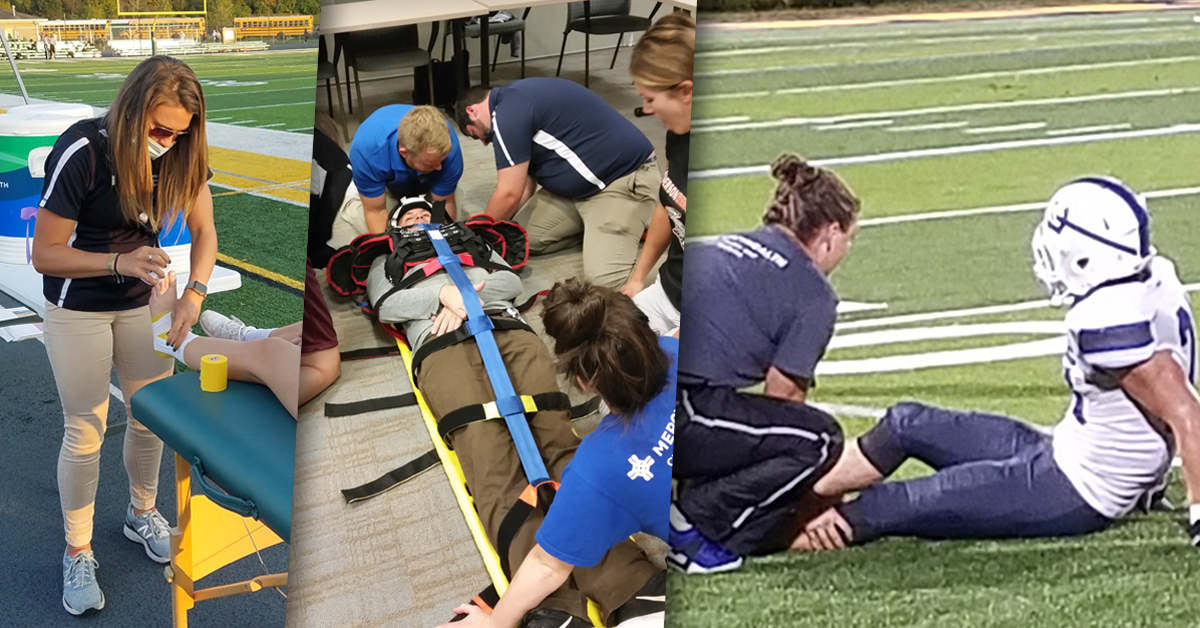Because the shoulder gets a lot of action, it’s common for shoulder injuries to surface.
You use your shoulder in everything from getting dressed in the morning to swinging a tennis racket on the court.
Mike McConnell interviewed Dr. Trevor Wilkes, a sports medicine and orthopedic physician, about shoulder injuries and pain. Here’s what we learned.
Shoulder problems seem very common and that is because they are. The shoulder is the only joint in your body that has 360 degrees of movement. The design that gives the shoulder its mobility makes it less stable than other joints and so it is more prone to injury, unfortunately.
In general, sports that involve an overhead motion, such as volleyball, tennis or baseball, put the shoulder in a position where it is more prone to injury. And while sports are a common way to injure a shoulder, they’re certainly not the only way. Someone who performs manual labor regularly or has a family history of shoulder problems can be at higher risk of a shoulder injury. Long term overuse of the shoulder, rather than a specific event, is a common reason for injury and pain.
Shoulder problems commonly seen are shoulder instability, arthritis and rotator cuff tears. Shoulder instability, simply put, is when the ball comes out of the socket in some way. Arthritis in the shoulder usually results from gradual wear and tear causing the cartilage to break down. The rotator cuff is a group of muscles that attach to the ball and socket through tendons. Injuries to the rotator cuff are very common and can be anything from a minor strain to a massive tear. Treatment for each of these conditions needs to be tailored to the individual. While surgery is sometimes an option, it is not always the solution. Physical therapy can be used to treat these injuries and recent research in physical therapy has shown a lot of promise in treating rotator cuff injuries specifically.
When asked when you should go to a doctor for shoulder pain, shoulder expert Trevor Wilkes put it best, “If they [patients] have shoulder pain that’s affecting their ability to get through their day to day life activities, like getting dressed or taking care of their house or yard. If they have shoulder pain that is waking them up at night, that’s a bad sign. Or if they have shoulder pain that keeps them from pursuing a hobby that they’re really passionate about, any of those things are reasons you should come see a shoulder specialist.”
If you’re experiencing shoulder injuries or pain or think it may be something more, visit the Mercy Health Orthopedic Shoulder and Upper Arm Care page for more information on this topic or to make an appointment with a Mercy Health physician.






